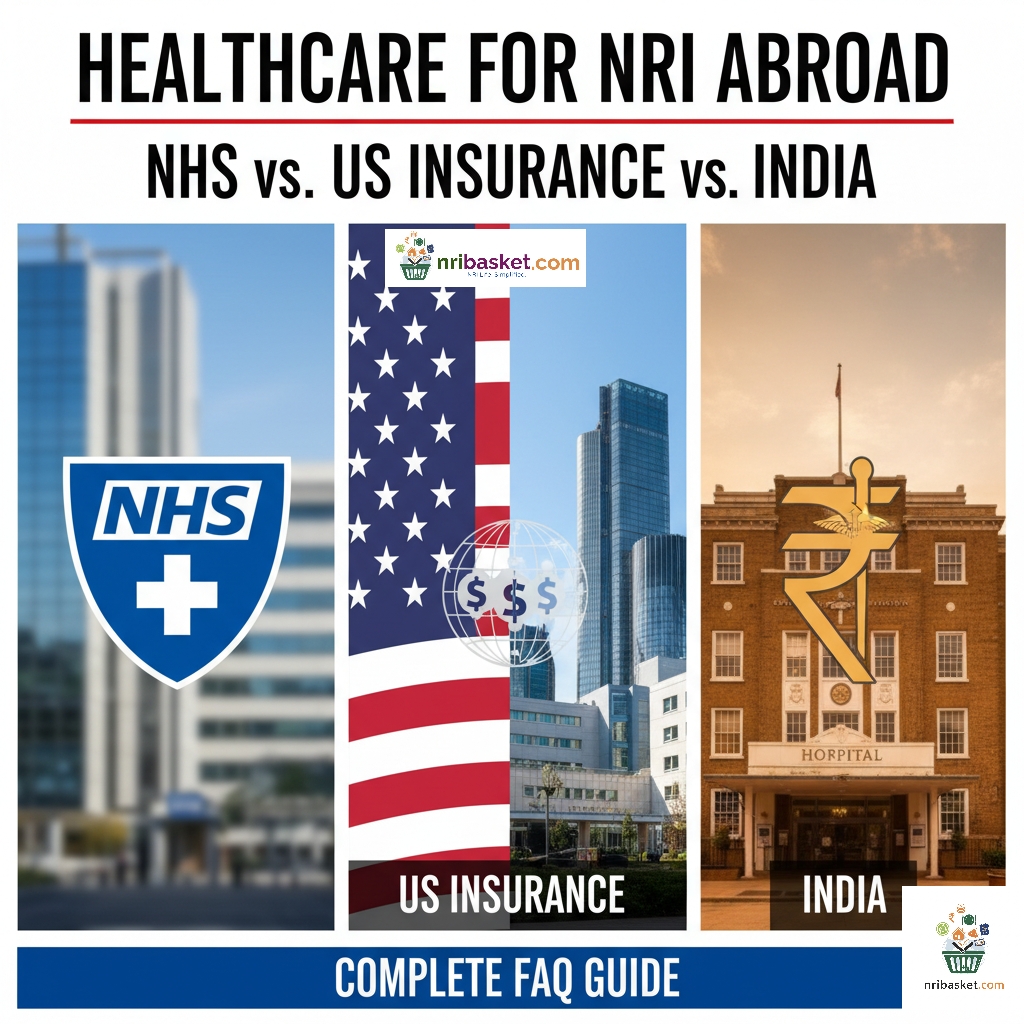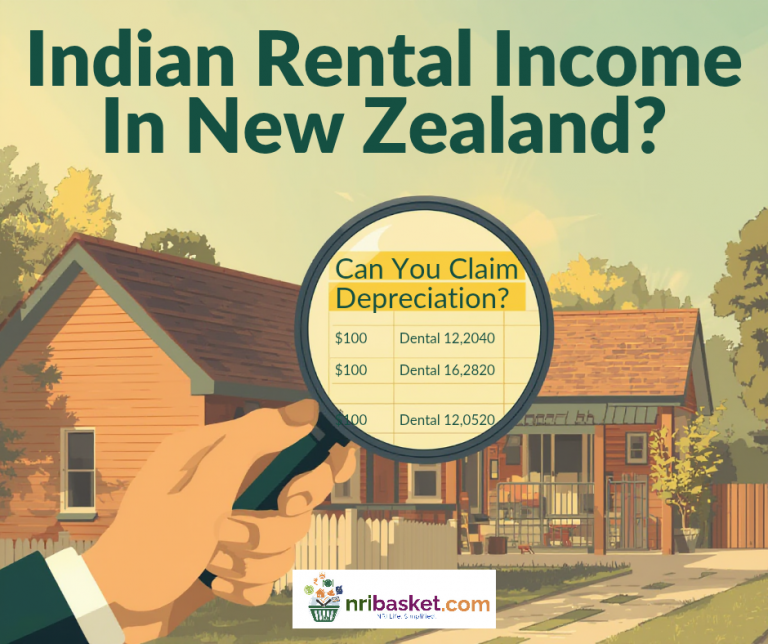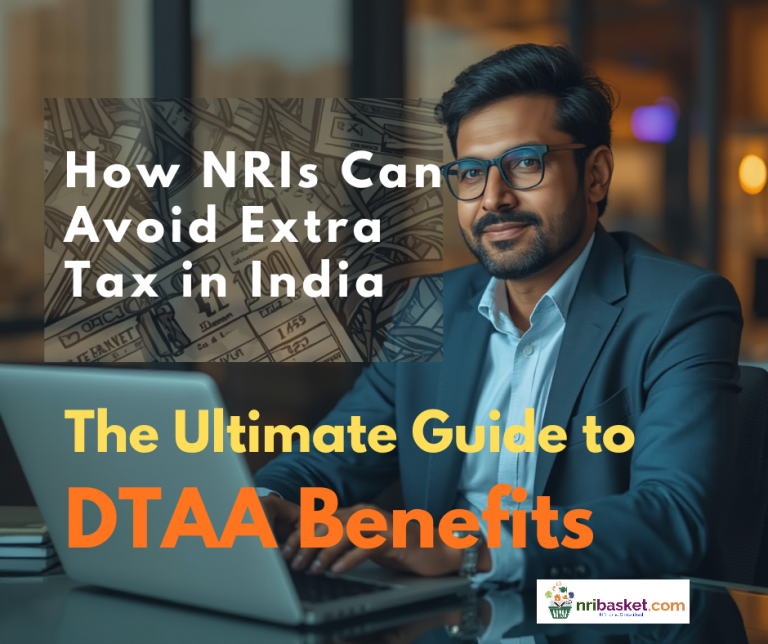
Healthcare for Nris Complete guide Uk USa India
Healthcare for NRI Families Abroad – NHS vs. US Insurance vs. India (Complete FAQ Guide)
In this post We will discuss detailed FAQ guide comparing healthcare for NRIs in the UK (NHS), USA (private insurance), and India (domestic/NRI health policies). Learn costs, coverage, pros, and cons in 35 FAQs.
We guide you on topic of NRI healthcare, NHS for NRIs, US health insurance NRI, Indian health insurance NRI, compare healthcare UK vs US vs India, NRI family health coverage and NRI insurance guide.
Healthcare is one of the biggest concerns for NRI families. While the UK offers NHS care, the US relies on private insurance, and India provides multiple health insurance options, including NRI-focused policies. Choosing the right system for your family depends on where you live, your residency status, and your long-term plans. This detailed FAQ guide explains the key differences, costs, benefits, and challenges of NHS vs. US Insurance vs. Indian Healthcare for NRIs.
Frequently Asked Questions (FAQs)
Long Answer: The NHS (National Health Service) provides most medical services free at the point of use. NRIs with valid visas and the Immigration Health Surcharge (IHS) included in their visa applications can access NHS services just like UK residents. Emergency care is always free.
Long Answer: The NHS covers most medical needs, but private health insurance may help with faster access to specialists, elective surgeries, or private hospitals. Some NRIs prefer private cover to avoid NHS waiting times.
Long Answer: Unlike the UK, the USA does not have a universal public healthcare system. NRIs must purchase private health insurance, usually through employers or the healthcare marketplace. Without insurance, treatment costs can be extremely high.
Long Answer: The US healthcare system is market-driven. Hospital stays, surgeries, and medications cost much more compared to other countries. Insurance premiums are high because they cover these large expenses and vary depending on age, pre-existing conditions, and family size.
Long Answer: Standard Indian health insurance only covers medical treatment within India. However, some premium NRI-focused policies provide worldwide coverage for emergencies. It’s best for NRIs to have local insurance in the UK/US and keep an Indian policy for when visiting India.
Long Answer: NRIs applying for UK visas must pay the IHS as part of their visa application. This grants access to NHS services during their stay. The cost is approximately £1,035 per year for adults (as of 2025).
Long Answer: Premiums vary widely depending on coverage, state, and employer subsidies. Individual plans can range from $200–$600 per month, while family plans often exceed $1,000 monthly. Co-pays and deductibles add to out-of-pocket expenses.
Long Answer: NRIs who maintain an Indian health insurance policy can claim benefits for hospitalizations in India, even if they are only visiting. This is often used for planned treatments or medical tourism.
Long Answer: NHS is cost-effective but has waiting times. US insurance provides advanced care but at a high cost. Indian insurance is cheaper but valid mostly within India. Many NRIs combine local insurance (UK/US) with an Indian policy for full coverage.
Long Answer: NRIs can purchase health insurance from Indian insurers, provided they submit KYC documents and medical history. Premiums can be paid through NRE/NRO accounts. These policies cover treatment in India only, unless worldwide coverage is included.
Long Answer: The NHS does not exclude patients based on pre-existing conditions. All residents with NHS access receive the same care, though non-urgent treatments may involve longer waiting times.
Long Answer: Since the Affordable Care Act (ACA), US insurance companies cannot deny coverage for pre-existing conditions. However, premiums may still be higher depending on age and family size.
Long Answer: Most Indian health insurance policies cover pre-existing conditions after a waiting period of 2–4 years. Some policies for NRIs have longer waiting periods, so checking terms is essential.
Long Answer: In the UK, maternity care is fully covered by NHS. In the US, maternity care is expensive unless included in insurance. In India, maternity benefits vary by insurer and plan, often with waiting periods for new policyholders.
Long Answer: NHS dental care is subsidized but not free. Patients pay set charges depending on treatment bands. Many NRIs take private dental insurance for faster appointments and cosmetic treatments.
Long Answer: US health insurance often excludes dental and vision. Separate dental/vision plans must be purchased. Employers sometimes offer them as part of benefits packages.
Long Answer: Most Indian health insurance plans do not cover dental or vision care unless caused by accidents. Cosmetic and routine dental treatments are excluded. Standalone dental insurance is limited in India.
Long Answer: Visiting parents from India or other countries can receive free emergency NHS treatment, but routine or planned care requires private payment or insurance. Travel insurance is strongly recommended.
Long Answer: The US does not provide free healthcare to visitors. Parents visiting from India must have travel or visitor health insurance; otherwise, they may face very high medical bills.
Long Answer: Indian health insurance policies cover treatment only in India, unless they specifically include global coverage. For travel abroad, visitor health insurance is necessary.
Long Answer: Waiting times for specialist appointments and elective surgeries under the NHS can range from a few weeks to several months. Emergency care is immediate, but routine treatments often involve delays.
Long Answer: NRIs with legal residency status (e.g., green card holders) may qualify for federal subsidies through the ACA marketplace. Temporary visa holders generally do not qualify for subsidies.
Long Answer: Critical illness riders cover major illnesses like cancer, heart attack, or stroke. However, coverage applies only for treatment in India, unless worldwide coverage is specifically included.
Long Answer: Telemedicine platforms allow NRIs to consult Indian doctors online for advice, second opinions, or prescription renewals. This is useful for routine care, though insurance coverage depends on policy terms.
Long Answer: Travel insurance covers accidents, sudden illnesses, and emergency hospitalization abroad. It does not replace full health insurance for long-term residents in the UK or US.
Long Answer: Under Section 80D of the Indian Income Tax Act, NRIs can claim tax deductions on premiums paid for themselves, spouses, children, and parents, up to prescribed limits.
Long Answer: UK and US health insurance only covers dependents living with the policyholder abroad. Indian family members must be covered under separate Indian policies.
Long Answer: NHS provides free routine vaccinations (like MMR, flu, COVID-19). Travel vaccines and some optional vaccines may need private payment.
Long Answer: Most US health insurance policies cover essential vaccines at no additional cost. However, travel and optional vaccines may not be included.
Long Answer: Vaccinations are generally not covered by Indian health insurance. Parents must pay out-of-pocket, except in special child health packages.
Long Answer: In the UK, emergency services are free under NHS. In the US, ambulance and ER care can cost thousands of dollars without insurance. In India, emergency costs depend on hospital type, but are generally lower than US costs.
Long Answer: Elderly care is expensive in the US and UK, especially long-term nursing. India offers affordable elderly care services, though NRIs often supplement with Indian health insurance to reduce hospitalization costs.
Long Answer: NRIs benefit from having dual coverage: local insurance in the UK/US for regular care, and Indian insurance for visits or dependent family members in India. This ensures financial protection across borders.
Long Answer: Use NHS or US insurance for daily healthcare needs, and maintain an Indian health insurance policy for family in India or planned treatments. Consider telemedicine, critical illness cover, and travel insurance for complete protection.
At-a-glance: NHS vs US Insurance vs Indian Insurance
Quick comparison for NRIs — access, cost, coverage, emergency handling and recommended actions.
Public, tax-funded care
Employer/market-based insurance
Affordable private + public mix
Step A — If you live in the UK (NHS):
Register with a GP immediately, confirm IHS payment on your visa, get a basic private plan for elective/specialist access if you can afford it, and keep travel insurance when visiting India or the US.
Step B — If you live in the USA:
Enroll in employer-provided insurance (or marketplace plan). Compare in-network hospitals, deductibles, and out-of-pocket caps. Buy a global emergency evacuation rider if you travel often to India.
Step C — If your family lives in India:
Buy a robust Indian family floater with cashless hospitalization network. Add critical-illness cover and consider a top-up international policy for costly overseas treatments.
Step D — For all NRIs (practical checklist):
Maintain digital copies of medical records, keep local GP/primary contact, buy travel insurance for short trips, maintain an Indian policy for parents in India, and use telemedicine for follow-ups.
Step E — Cost optimization tips:
Use NHS as primary in UK; shop employer plans & HSAs in US; for India, negotiate cashless treatments with network hospitals and use medical tourism for planned procedures when safe and cost-effective.





